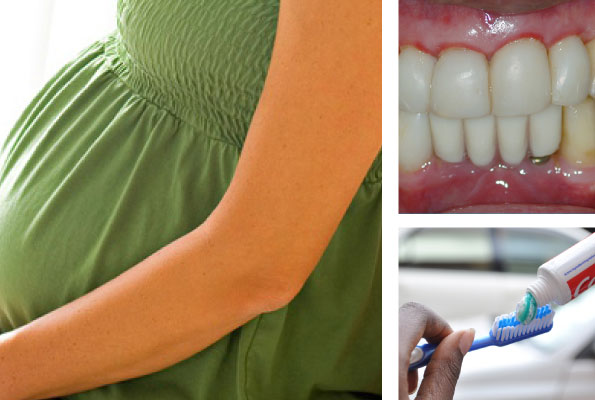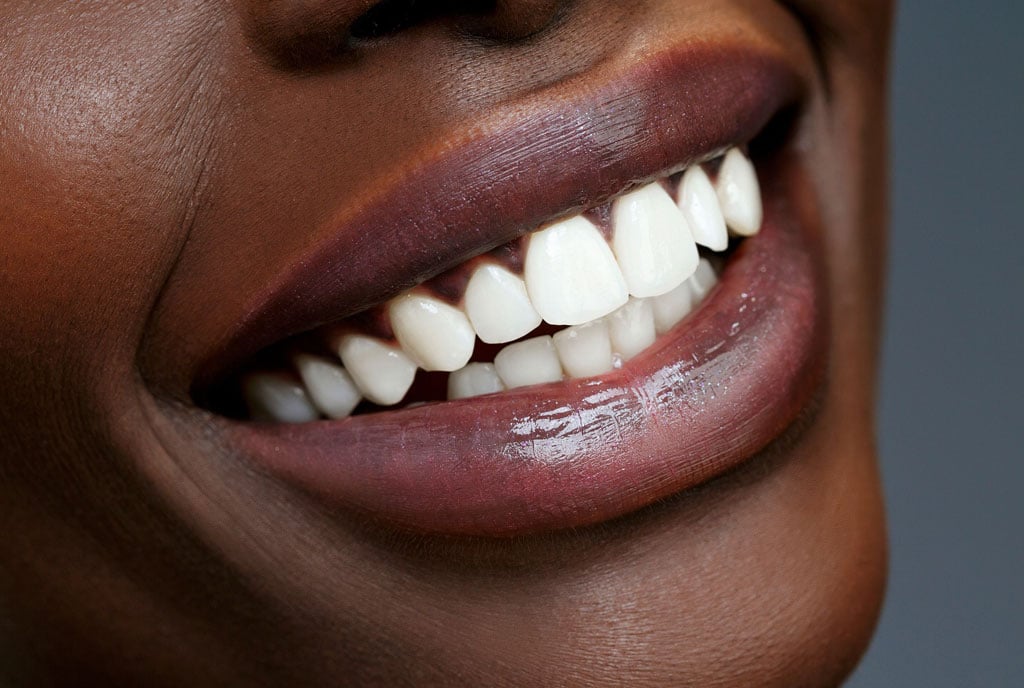Prime
What causes receding gums?

If you have tender, bleeding or swollen gums during your pregnancy, notify your dentist as soon as possible. Risk of gum disease can be reduced by proper dental care and dietary changes. File photos.
What you need to know:
- You can prevent gum recession and other gum diseases, which sometimes present as painful and bleeding gum.
Gum recession is a form of gum disease that happens when your gum tissue pulls away from your teeth, exposing the roots underneath. This makes your teeth more vulnerable to cavities. It is caused by several factors, including aggressive brushing, poor oral hygiene, smoking and hormonal fluctuations in women, among others.
Brushing aggressively causes trauma to the gums, leading to gum recession. In addition, when one uses a hard, stiff toothbrush, this increases the likelihood of the condition happening. It is, therefore, advisable to use a medium soft toothbrush and gentle brushing. Alternatively, visit a dentist to be taught how to brush your teeth properly and effectively.
Poor oral hygiene leads to accumulation of tartar on the teeth and if not cleaned, it continues to build up around the gum causing it to recede. Dental cleanings in the dental clinic are highly recommended at least twice a year. Smoking, a habit that has cropped up among majority of the youth if not accompanied by good oral hygiene can lead to gum disease, including recession.
Gum recession treatment largely depends on the extent of the condition. Mild cases of gum recession may be improved with treatments such as topical antibiotics. In most instances, however, gum recession surgery is needed to fully correct the problem.
However, you can prevent gum recession and other gum diseases, which sometimes present as painful and bleeding gums, by:
● Brushing your teeth thoroughly twice every day.
● Flossing once daily.
● Using an antimicrobial mouthwash twice daily only if prescribed.
● Following your dentist’s recommendation for teeth cleaning. (Many people can maintain healthy gums with a cleaning every six-month, but some may need more frequent visits.)
● Using a soft-bristle toothbrush.
● Avoiding smoking or chewing tobacco.
Note: Visit your dentist if you notice any signs of gum recession for early and proper treatment.
Dr John Paul Okim- Dental surgeon, implantologist




